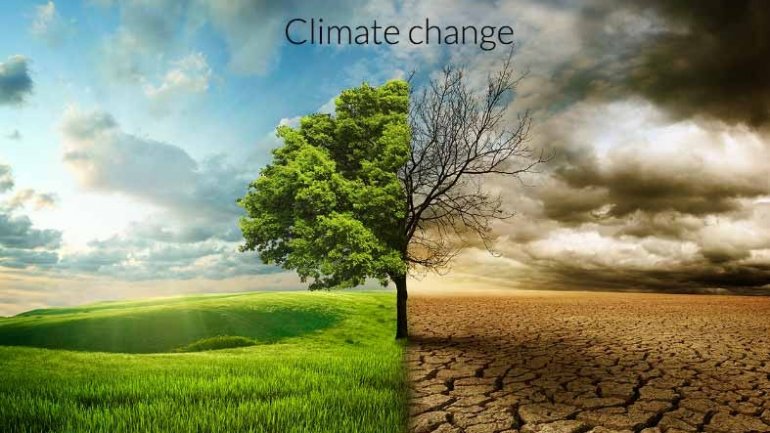US continues to fight climate change, despite Donald Trump bashing international efforts
 foto: google.com
foto: google.com
U.S. President Donald Trump has bashed international efforts to combat climate change and questioned the scientific consensus that global warming is dangerous and driven by human consumption of fossil fuels.
But there is a disconnect between what Trump says at home and what his government does abroad. While attention has been focused on Trump’s rhetoric, State Department envoys, federal agencies, and government scientists remain active participants in international efforts to both research and fight climate change, according to U.S. and foreign representatives involved in those efforts.
“We really don’t detect any change with the Americans,” said one of the officials, Aleksi Härkönen of Finland, who chairs the eight-nation Arctic Council’s key group of senior officials, who are charged with protecting a region warming faster than any other on Earth.
Over the past year, the United States has helped draft the rulebook for implementing the Paris climate accord, signed international memoranda calling for global action to fight climate change, boosted funding for overseas clean energy projects, and contributed to global research on the dangers and causes of the Earth’s warming.
While the United States’ participation in international forums – including the Paris accord and the Arctic Council - has been reported, its continued, broad and constructive support for climate change efforts in these gatherings has not.
This business-as-usual approach has surprised some of America’s foreign partners, along with some of Trump’s allies, who had expected the new administration to match its rhetoric with an obstructionist approach to combating climate change.
“I am concerned that much of our climate policy remains on autopilot,” complained Trump’s former energy adviser Myron Ebell, now a research director at the right-leaning Competitive Enterprise Institute, who said it reflects a failure by the administration to fill key positions and replace staffers who oppose the president’s agenda.
The U.S. efforts abroad to tackle climate change have been counter-balanced by Trump’s aggressive push at home to increase production of the fossil fuels scientists blame for global warming. He has also ordered a wide-ranging rollback of Obama-era climate regulations and appointed a self-described climate skeptic, Scott Pruitt, as the nation’s chief environmental regulator.
And to be sure, none of the U.S. dealings in international climate efforts since last year have committed the United States to any emissions cuts that would undermine Trump’s domestic energy agenda.
The State Department – which handles the bulk of U.S. climate policy abroad - told Reuters it was still developing its global warming policy under Trump.
“The State Department is working with the White House and the interagency to further develop our approach to international climate change diplomacy,” State Department spokesman Ambrose Sayles said in a statement before Trump sacked Secretary of State Rex Tillerson on Tuesday.
“In the meantime, we will continue to participate ... to ensure a level playing field that benefits and protects U.S. interests, and to keep all options open for the President,” Sayles said.
Tillerson’s departure leaves a question mark over the future of U.S. climate policy abroad. Tillerson was in favor of the Paris accord, while his successor, Mike Pompeo, has expressed doubts about the science of climate change. Climate advocates say they hope Pompeo will be too distracted by tensions with Iran and North Korea to change the State Department’s approach to climate change.
White House spokeswoman Kelly Love declined to comment.
Read more on Reuters